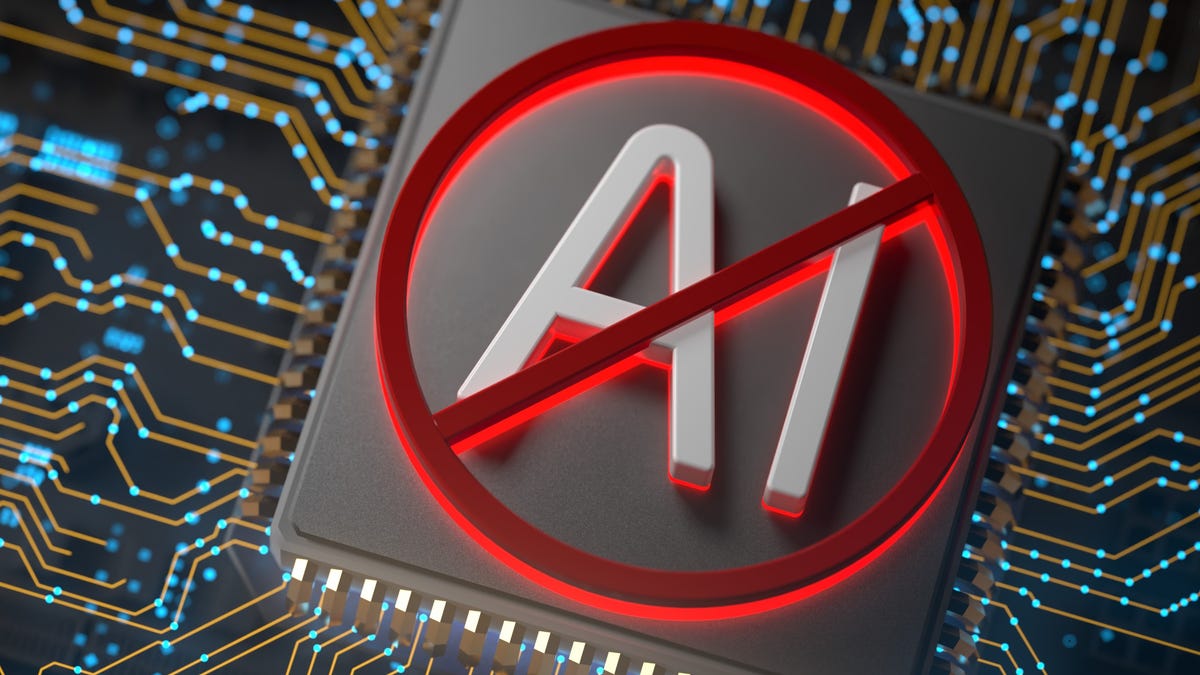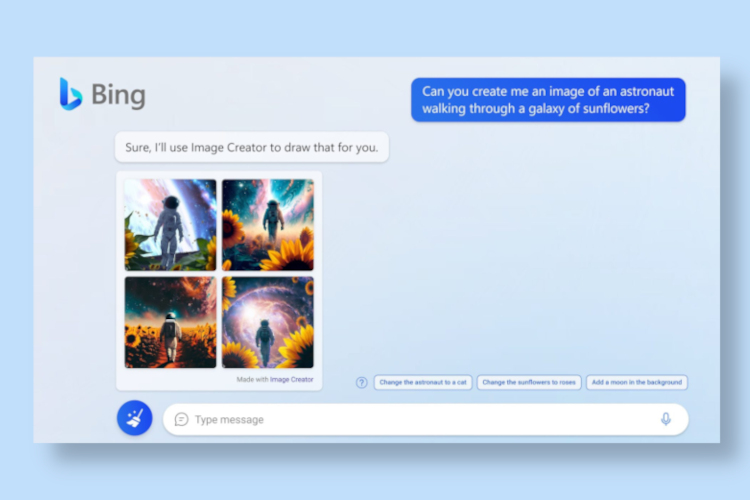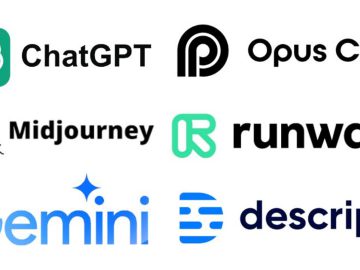The Cara social network for artists
Legitimate artists looking for a respite from all the AI-generated artwork flooding the internet may want to check out a new social network designed just for them.
Cara is a social media and portfolio platform where artists can display and discuss their work. But unlike many other image galleries on the web, this one specifically prohibits AI-generated art. That makes it a safer haven for artists and others who want to enjoy original art created by actual human beings.
Also: You should rethink using AI-generated images if you’re in the trust-building business
On its website, Cara explains its purpose and mission:
With the widespread use of generative AI, we decided to build a place that filters out generative AI images so that people who want to find authentic creatives and artwork can do so easily. The future of creative industries requires nuanced understanding and support to help artists and companies connect and work together. We want to bridge the gap and build a platform that we would enjoy using as creatives ourselves.
With the buzz around AI, more companies are developing their own generative AI products and services and vacuuming up user data to train them. One major culprit in this initiative is Meta, which is now using public posts and images on its Facebook and Instagram networks to train its AI chatbot. That’s triggered concerns among artists who traditionally have displayed and promoted their work on Instagram. Other platforms also have been implicated in the unauthorized use of work for AI.
“My art is who I am,” wrote photographer and Cara founder Jingna Zhang in an Instagram post. “It’s dehumanizing to have it fed into a machine where my background, history, and why I create lose all meaning,” Zhang added, referring to the way her work has been used (or misused) by AI image site MidJourney.
“People don’t want their things to be taken against their will — what will it take to see creatives as people who also deserve respect and protection for what we make and call ours?” Zhang wrote.
Though not ruling out the hosting of AI-generated portfolios forever, Cara points to their current use as unethical. If regulations are passed that protect artists, the company said it believes that AI-generated content should always be clearly labeled as such. At this point, only users in Europe protected by GDPR can opt out of AI training by companies such as Meta.
Also: The best AI image generators to try right now
Artists seeking out platforms to share their work without fear of theft by AI have been flocking to Cara, as evidenced by the site’s growth surge. Over the past week, the platform has seen its user count jump from 40,000 to 650,000, according to TechCrunch. On the surface, that sounds great. But as it’s still in beta mode, Cara is experiencing growing pains and the flood of new users has been a challenge.
Available for free as both a website and a mobile app for iOS and Android, Cara works like many other social networks, except this one is designed for artists. You can showcase your artwork through a timeline or gallery, discover art by other people, post updates to your feed, network with other artists, and look for jobs at art studios.
You sign up for Cara either through the site or the app. The registration process is quick and simple. Once you’re in, you can scour the timeline for artists and artwork to follow. You can then write and submit your own posts accompanied by any of your own artwork that you wish to share. The FAQ page explains how to get started with Cara and how to fully use it.




